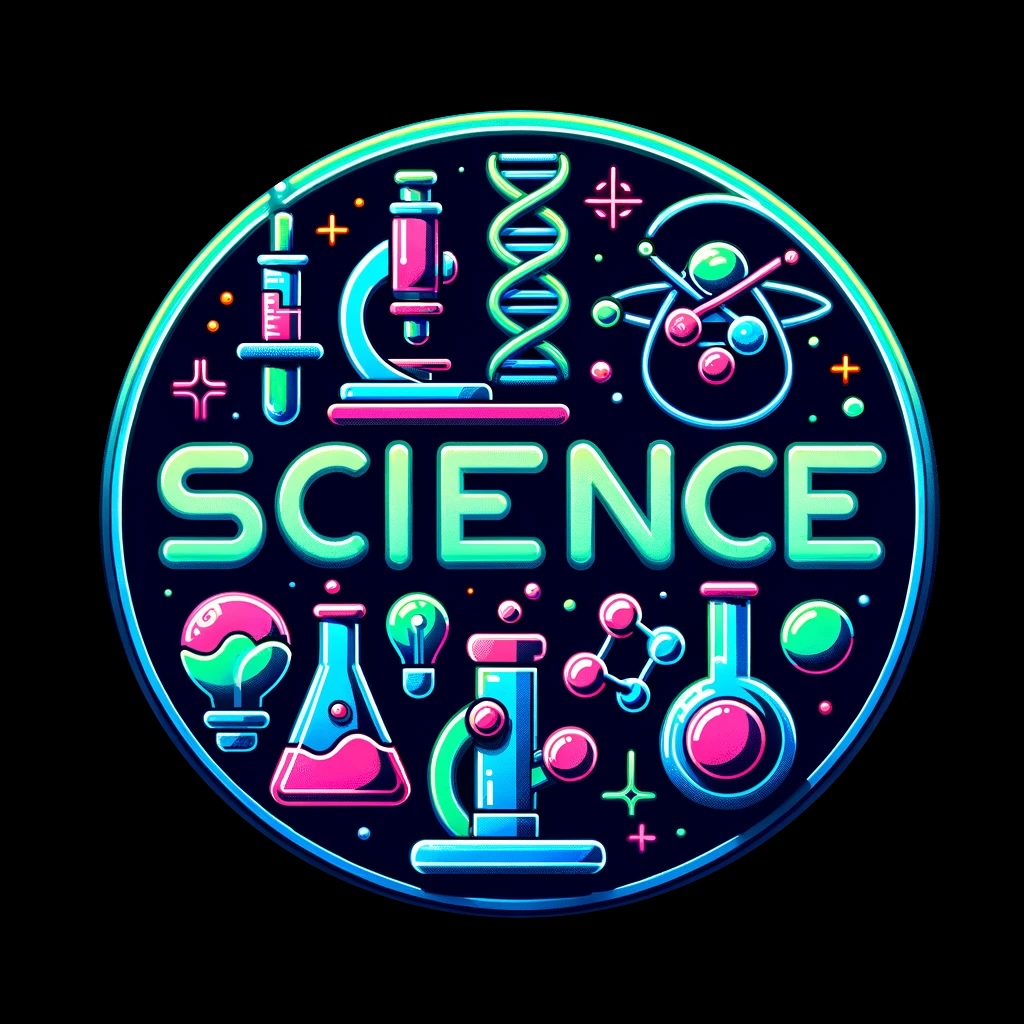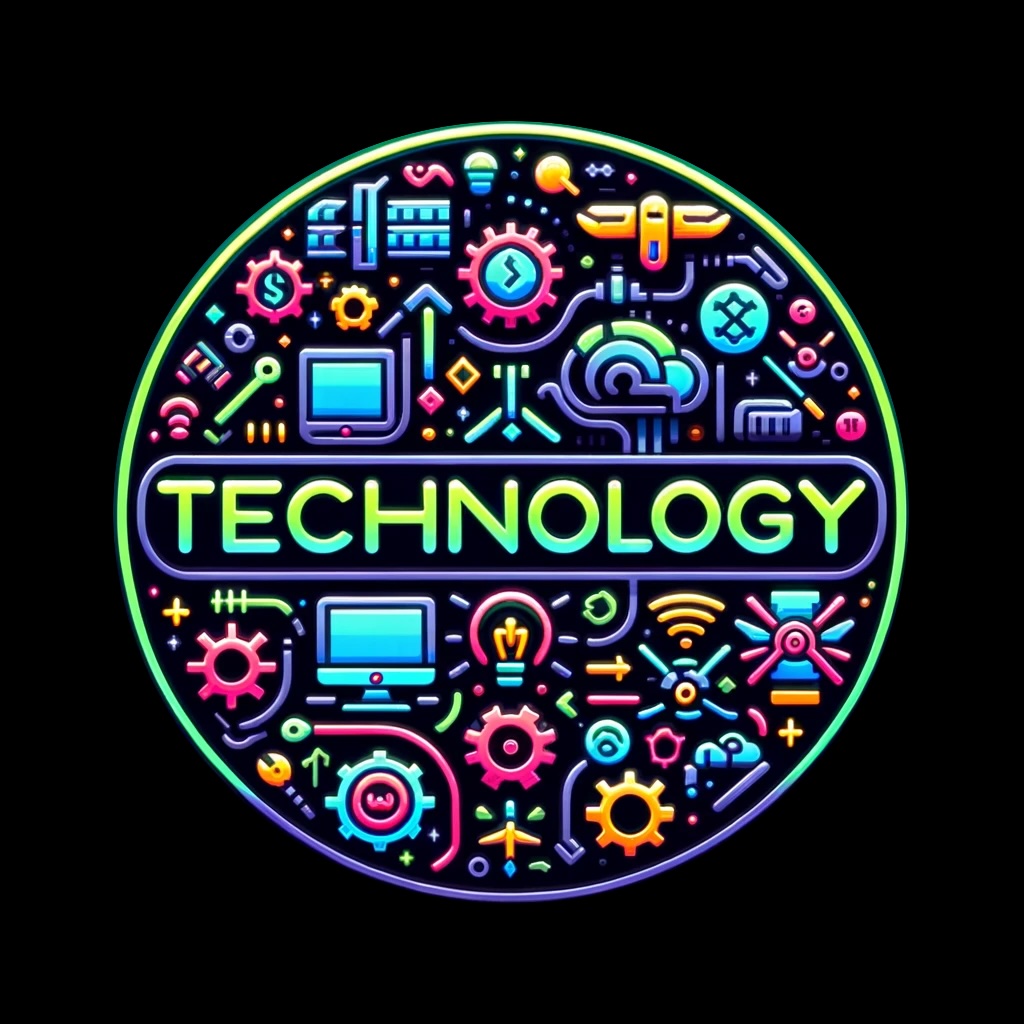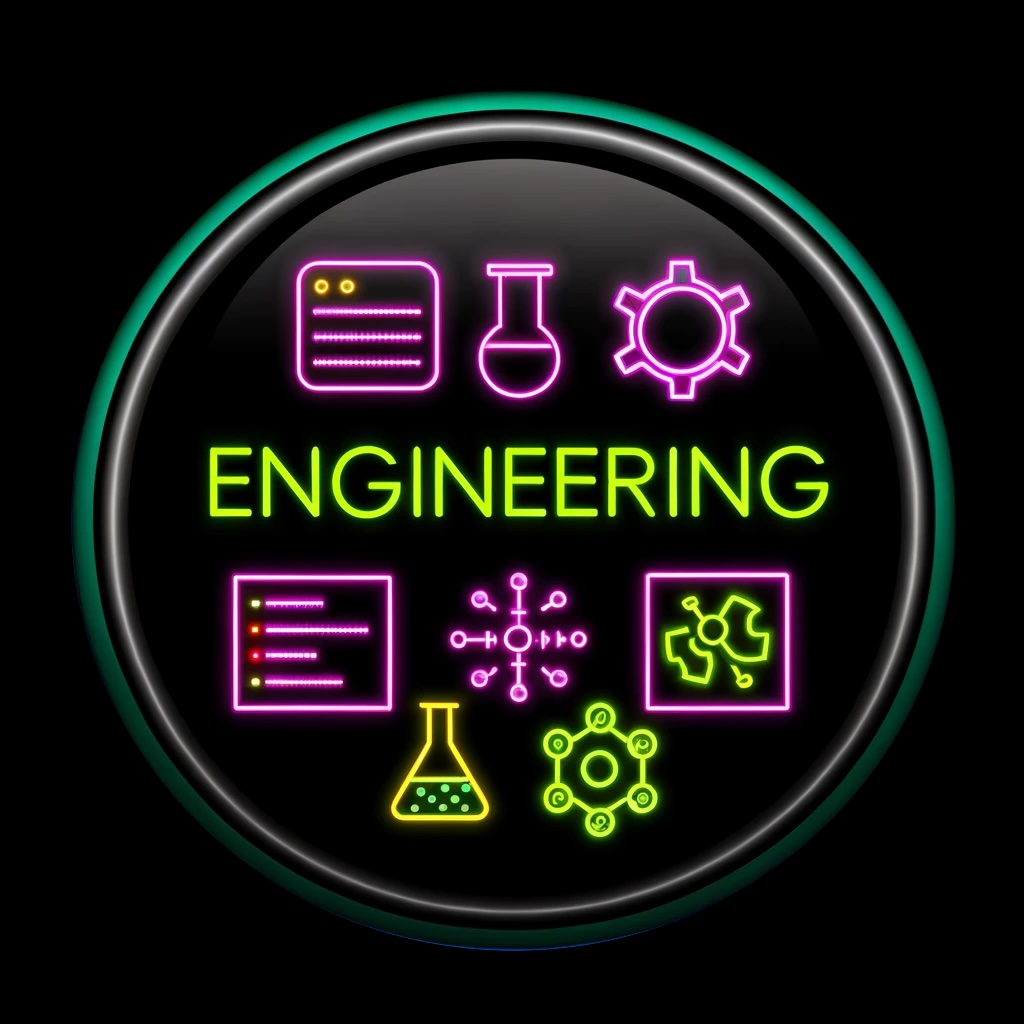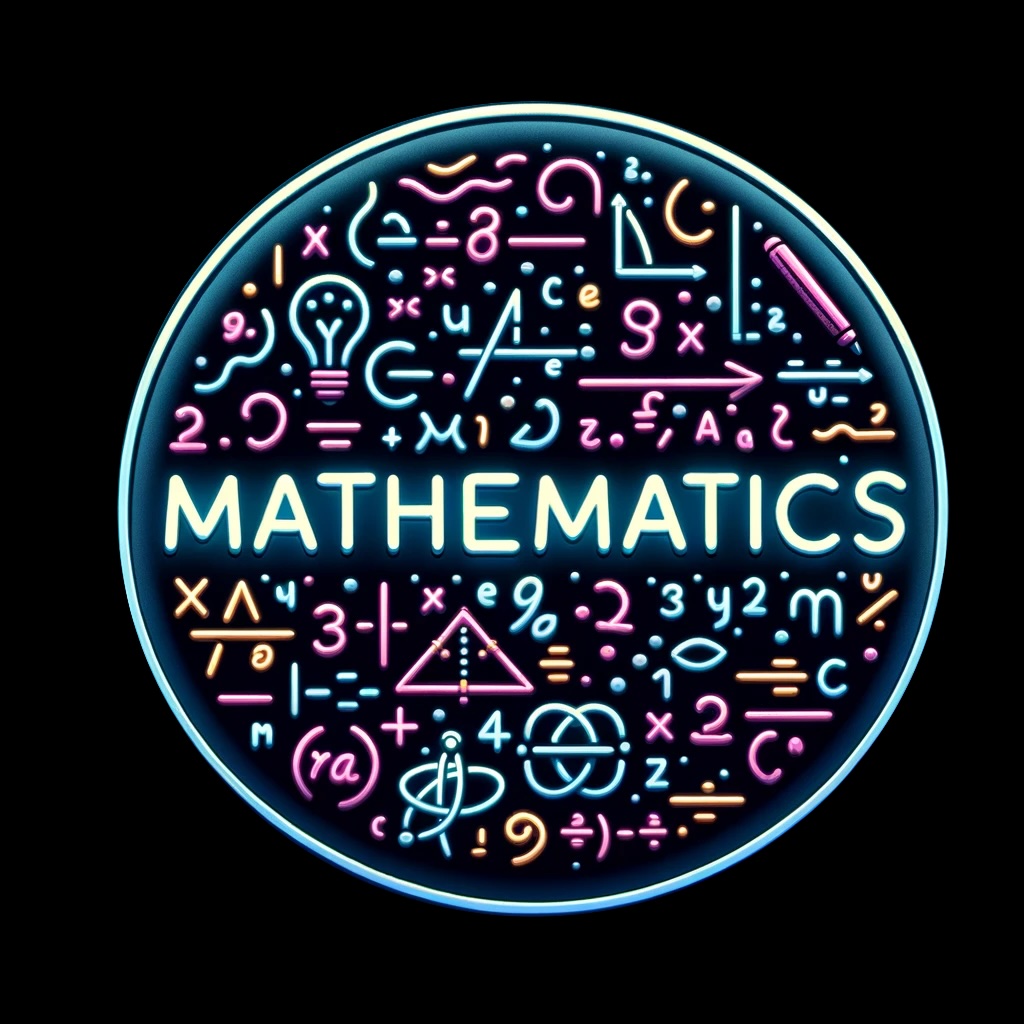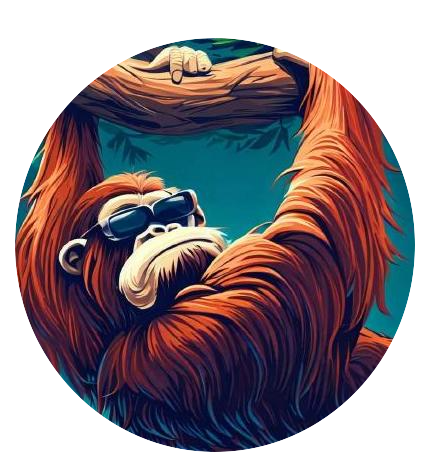Loading...
Practical learning that primarily focuses on the Gunung Leuser National Park Biology, Chemistry, Geology, and Physical Sciences associated to everyday life between nature and people.
Science
* Biology: Delve into the living world, from microscopic organisms to complex ecosystems, exploring cellular processes, genetics, evolution, and biodiversity. * Chemistry: Uncover the composition, properties, and transformations of matter, focusing on chemical reactions, the periodic table, and the fundamental principles of chemistry. * Geology: Explore the Earth's physical structure, its history, and the processes shaping the planet. Learn about rocks, minerals, plate tectonics, and the dynamic forces of erosion and sedimentation. * Physics: Understand the fundamental laws governing the universe, including mechanics, thermodynamics, electromagnetism, and quantum theory, through practical and theoretical lenses.
Modern technology like semiconductors, computers, information, manufacturing robotics, energy sources, and drones.
Technology
* Information Technology: Gain insights into computing systems, software applications, and data management, focusing on the role of IT in solving real-world problems and enhancing productivity. * Energy: Explore various energy sources, their conversion, storage, and impact on the environment. Understand renewable and non-renewable energies, and the future of energy technology. * Manufacturing: Learn about modern manufacturing processes, automation, and the integration of technology in producing goods efficiently and sustainably. * Drones: Discover the principles of drone technology, including design, operation, and applications across industries like agriculture, surveillance, and media.
Go from theory to build by delving into foundational areas of engineering that share many synergies in their application to modern civilization.
Engineering
* Software Engineering: Dive into the software development lifecycle, methodologies, and best practices for designing, implementing, testing, and maintaining robust software systems. * Data Engineering: Understand the frameworks and tools used to collect, store, and analyze data, preparing you for challenges in big data and data analytics. * Mechanical Engineering: Explore the design, construction, and operation of machinery, learning about materials science, thermodynamics, and mechanical systems. * Electrical Engineering: Examine the study of electricity and circuits, semiconductor devices, and electrical systems, powering innovations in electronics and telecommunications. * Chemical Engineering: Understand the processes that convert raw materials into valuable products, covering reaction engineering, process design, and safety practices. * Environmental Engineering: Learn about technologies and strategies for protecting the environment, focusing on water and air quality, waste management, and sustainable design.
Learning math is made fun, useful, and easy to practice with the multitude of activities, projects, and applications we have defined in our curriculum.
Mathematics
* Algebra: Explore the language of mathematics through equations, functions, and the study of mathematical symbols and their properties. * Geometry: Dive into the concepts of shape, size, relative position of figures, and the properties of space, from basic geometric figures to complex constructions. * Trigonometry: Understand the relationships between the sides and angles of triangles, with applications in various fields, including engineering and physics. * Statistics: Learn how to collect, analyze, interpret, and present data, employing statistical methods to draw conclusions and make informed decisions. * Calculus: Delve into the study of change through derivatives and integrals, exploring functions, limits, and the fundamental theorems of calculus. * Discrete Mathematics: Investigate the study of mathematical structures that are fundamentally discrete rather than continuous, essential for computer science and combinatorics. * Advanced Mathematics: Cover advanced topics and mathematical theories, providing a deeper understanding of mathematical concepts and their applications.
The ultimate learning repository for zero-to-hero educational content that will excel your STEM passions to the next level.
Knowledge Base
* Learning to Code in Python, SQL, JavaScript/TypeScript, C++: Acquire coding skills in key programming languages, understanding their syntax, applications, and best practices for software development. * Data Structures and Algorithms: Explore the backbone of computer science with an introduction to essential data structures and the algorithms that operate on them for efficient problem-solving. * Systems & Networks: Understand the fundamentals of computer systems and network architecture, including the principles of data communication and network security. * Operating Systems: Learn about the management of hardware and software resources, focusing on the functionalities, types, and design principles of operating systems. * Anatomy of a Computer: Get acquainted with the physical components of computers, understanding how they work together to perform a variety of tasks. * Reading and Writing in STEM: Develop skills to effectively communicate scientific and technical information, focusing on reading comprehension and clear
